Teslas lose value, Elon Musk on AI, iPad tricks, and EV tariffs: The most popular tech stories
Plus, Tesla’s new data on Autopilot safety doesn’t tell the full story
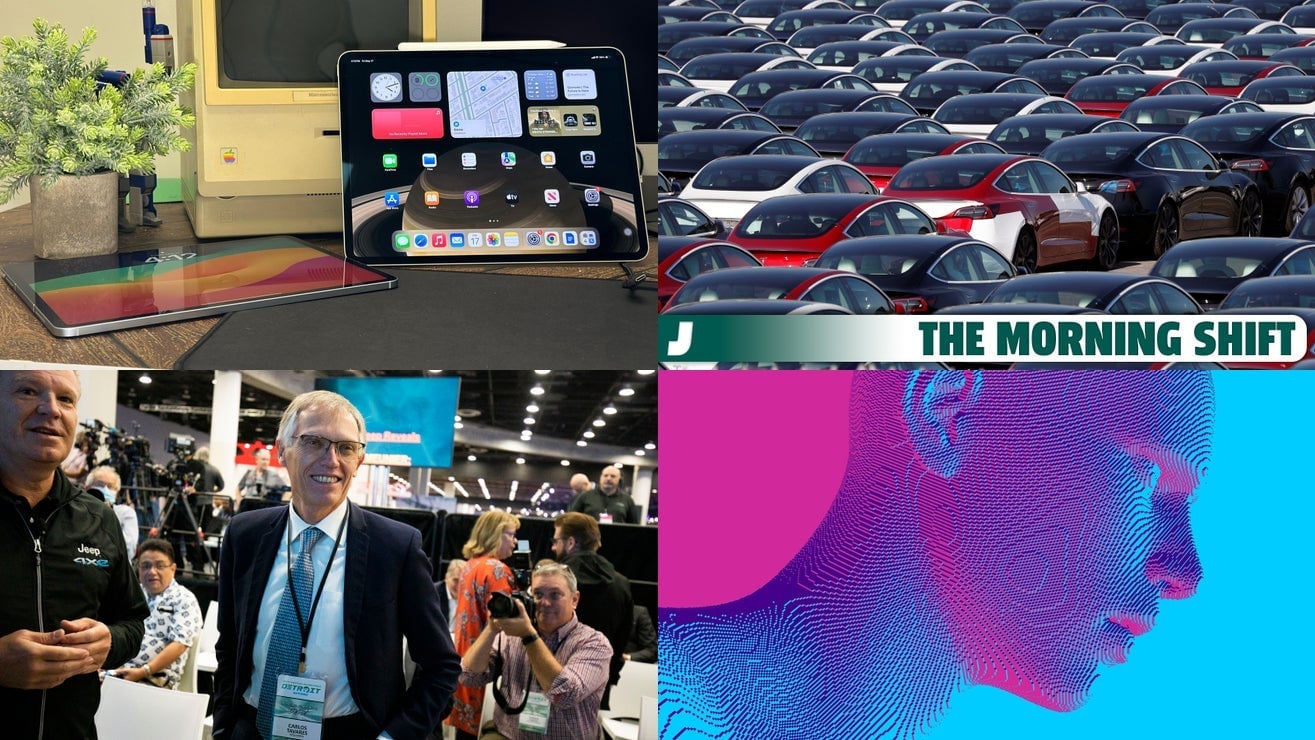
2 / 11
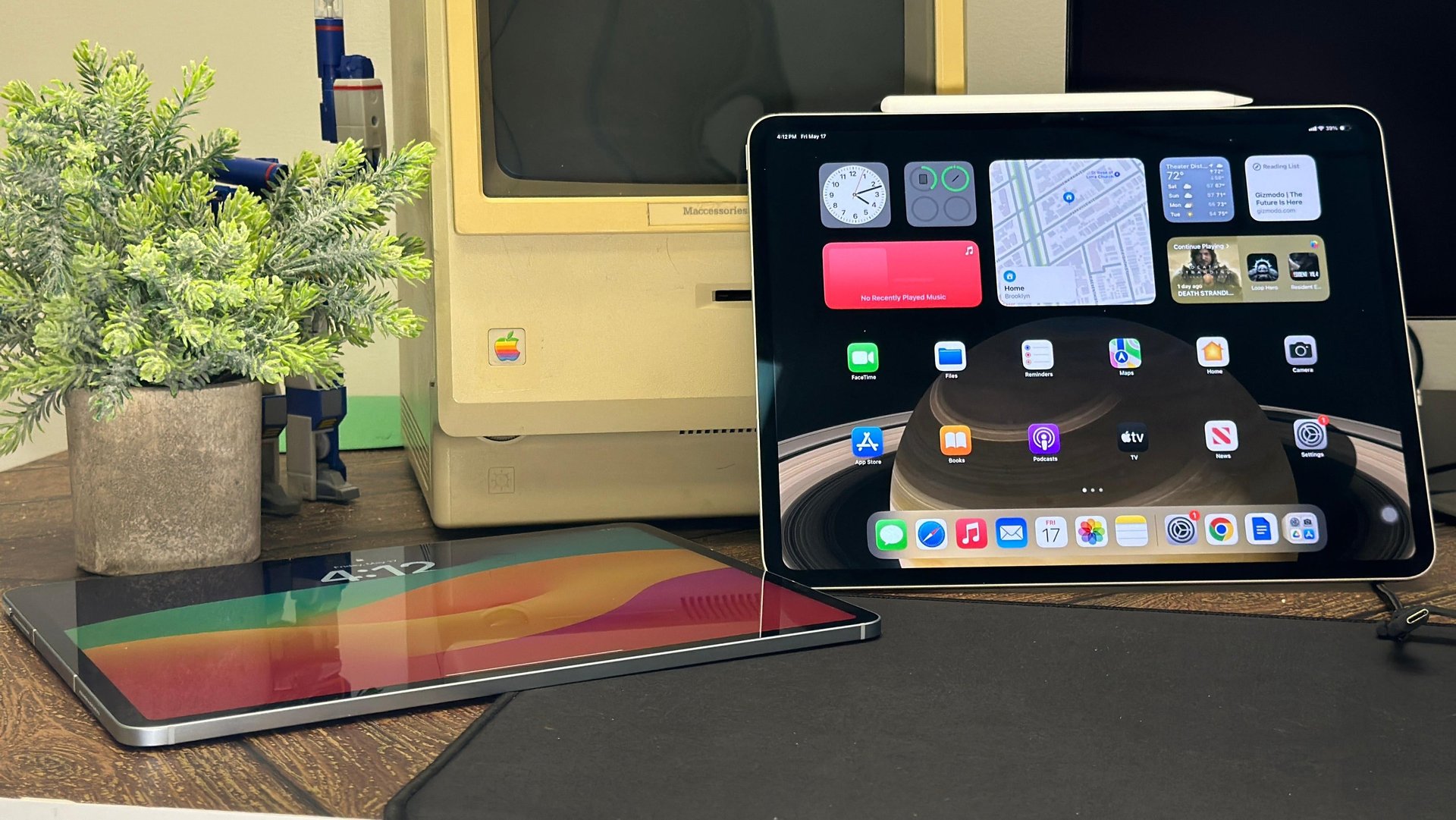
The latest iPad Airs and iPad Pros breathed fresh life into Apple’s tablets just as they seemed to be getting stale. Love them or hate them, the new Pros and Airs are pretty damn powerful, with the M4-powered tablet being practically just as capable as the most recent baseline MacBooks, but with the extra benefit of a beautiful OLED touchscreen. Now’s the time to get even more intimate with all your iPad is capable of.
3 / 11
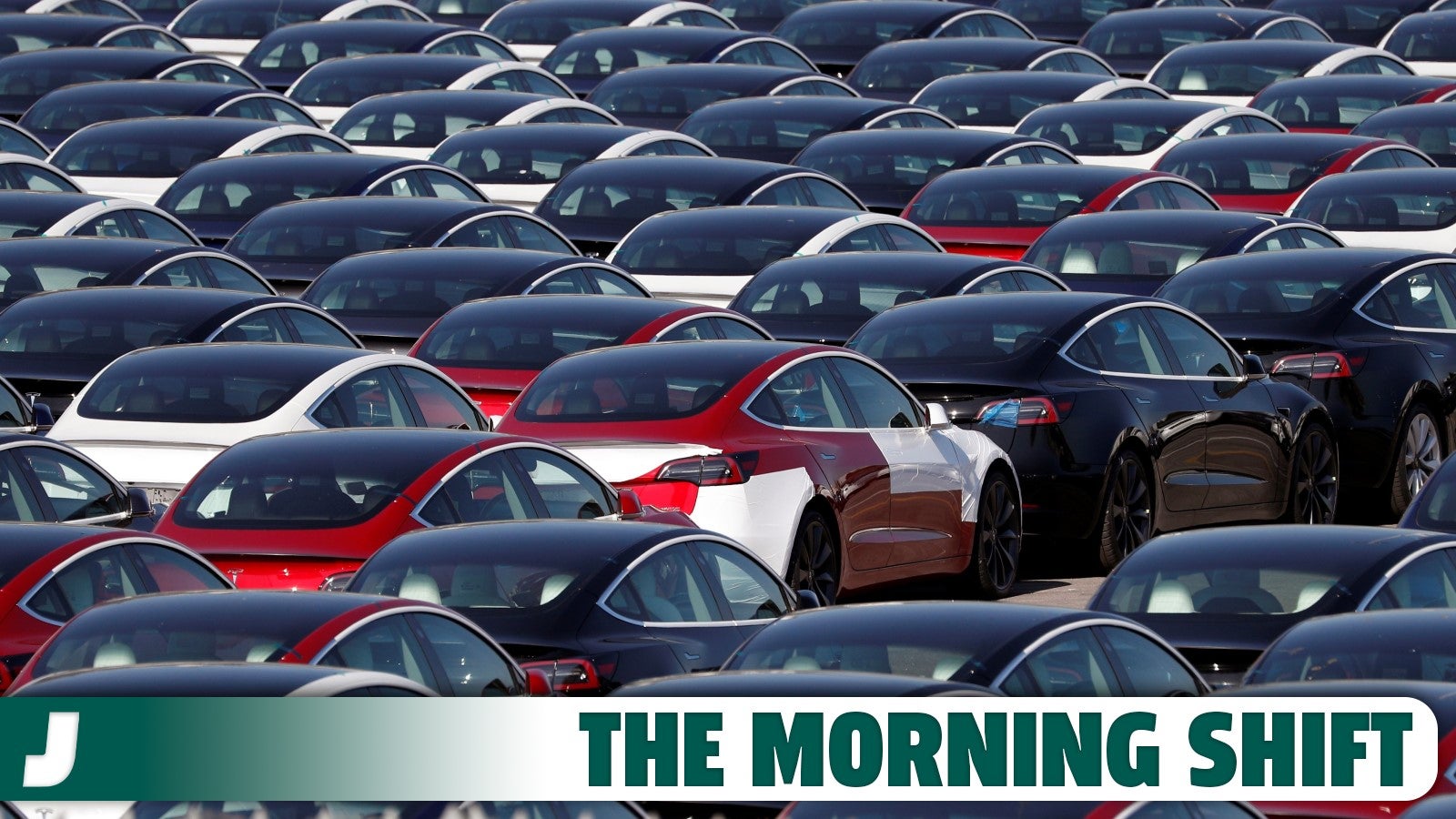
If you’re in the market for an electric car, then Tesla’s barrage of price cuts in recent months might have been the welcome push you needed to go all in on battery power. But if you’re a rental firm that plowed millions into electrifying your fleet, only for its value to be slashed by such price cuts, then Tesla might not be your favorite company right now.
4 / 11
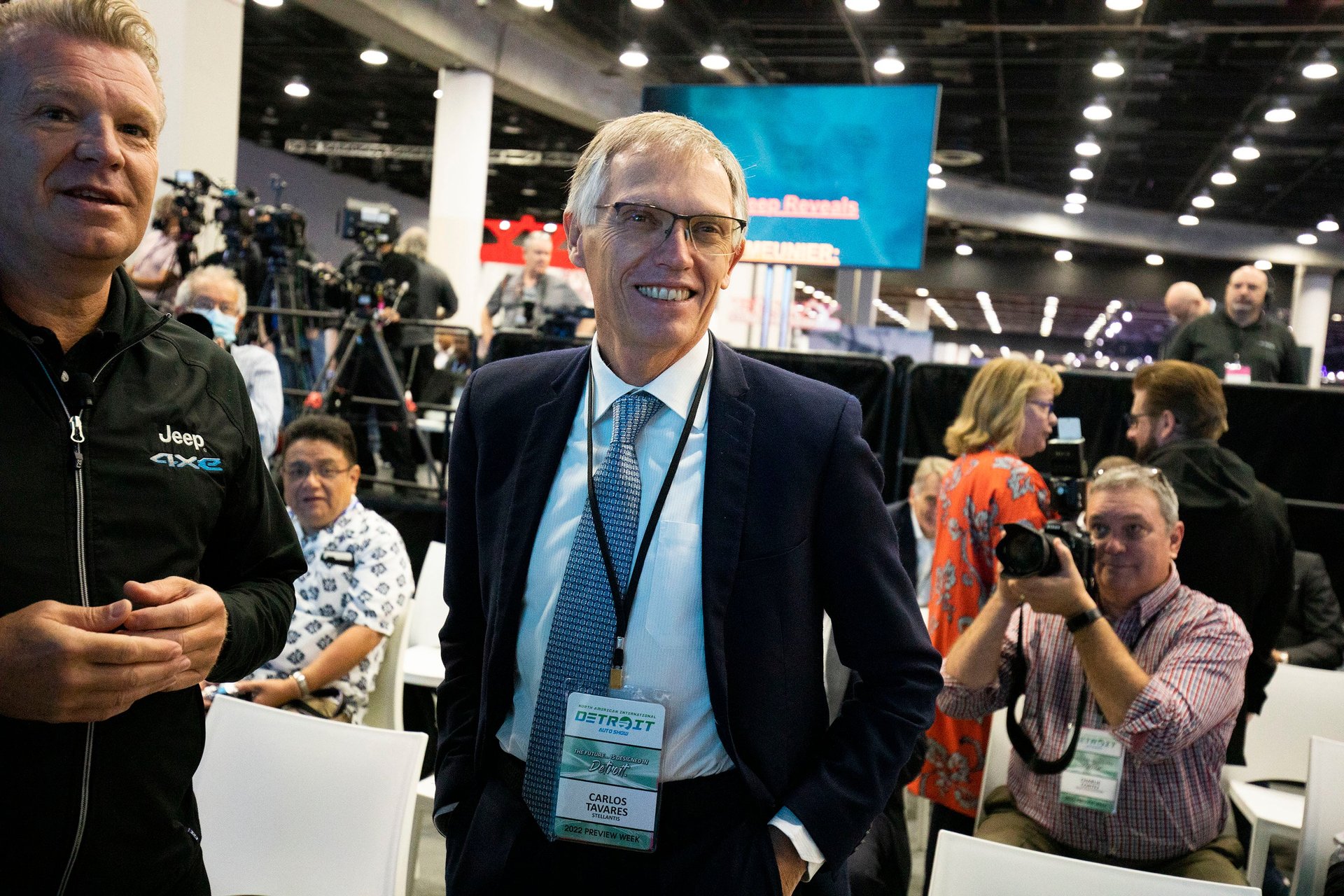
Stellantis CEO Carlos Tavares expects that Western tariffs on Chinese electric vehicles could fuel inflation and hurt sales across Europe, calling them a “major trap.”
5 / 11

Artificial intelligence is everywhere these days, but the fundamentals of how this influential new technology works can be confusing. Two of the most important fields in AI development are “machine learning” and its sub-field, “deep learning.” Here’s a quick explanation of what these two important disciplines are, and how they’re contributing to the evolution of automation. -
6 / 11
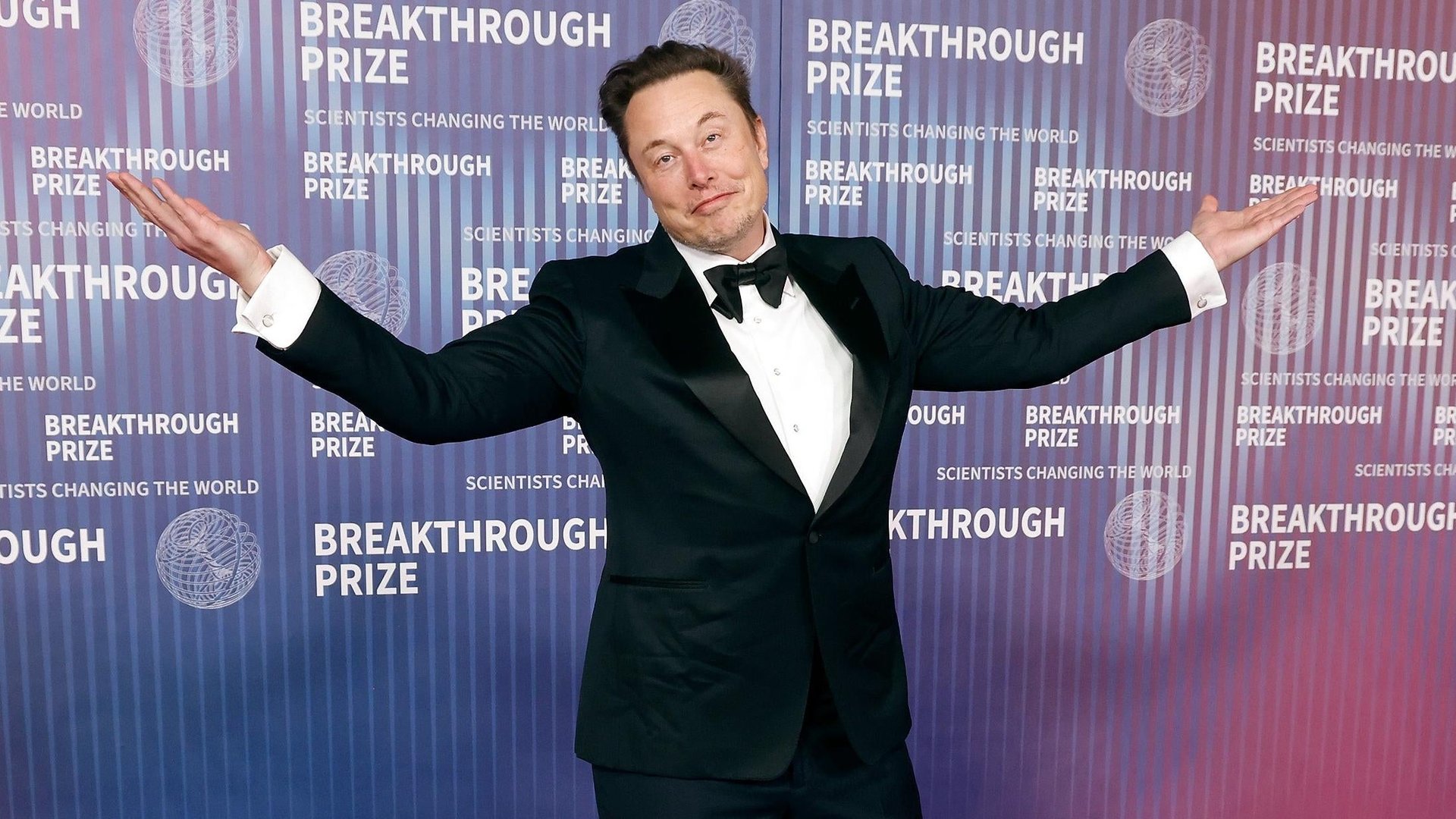
Elon Musk shared his dystopian vision for the future on Thursday while remotely joining the Viva Technology Conference in Paris. An audience member asked whether AI would one day replace Musk, expressing real concerns about automation taking jobs — a situation many are already facing. The owner of X, xAI, Tesla, and SpaceX digressed into a spiraling answer straight out of science fiction.
7 / 11
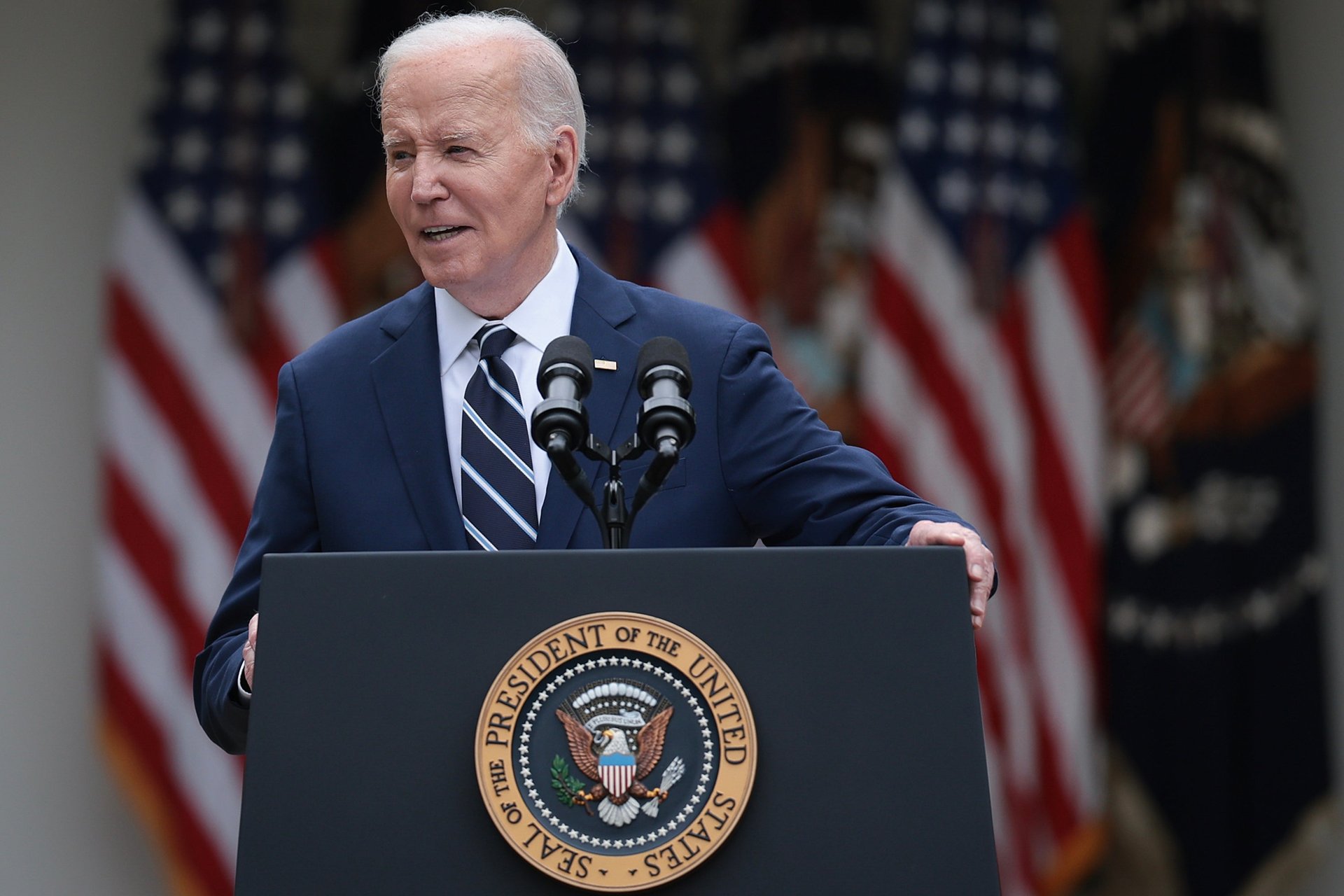
A portion of the United States’s tariffs on a range of Chinese exports, including electric vehicles, are set to take effect on August 1.
President Joe Biden earlier this month said tariffs on some EV imports will quadruple from 25% to 100% to prevent Chinese automakers from flooding the market with cheap cars. The government also plans to raise tariffs on semiconductors, lithium-ion batteries, solar cells, and some steel and aluminum products to tamp down on competition.
8 / 11
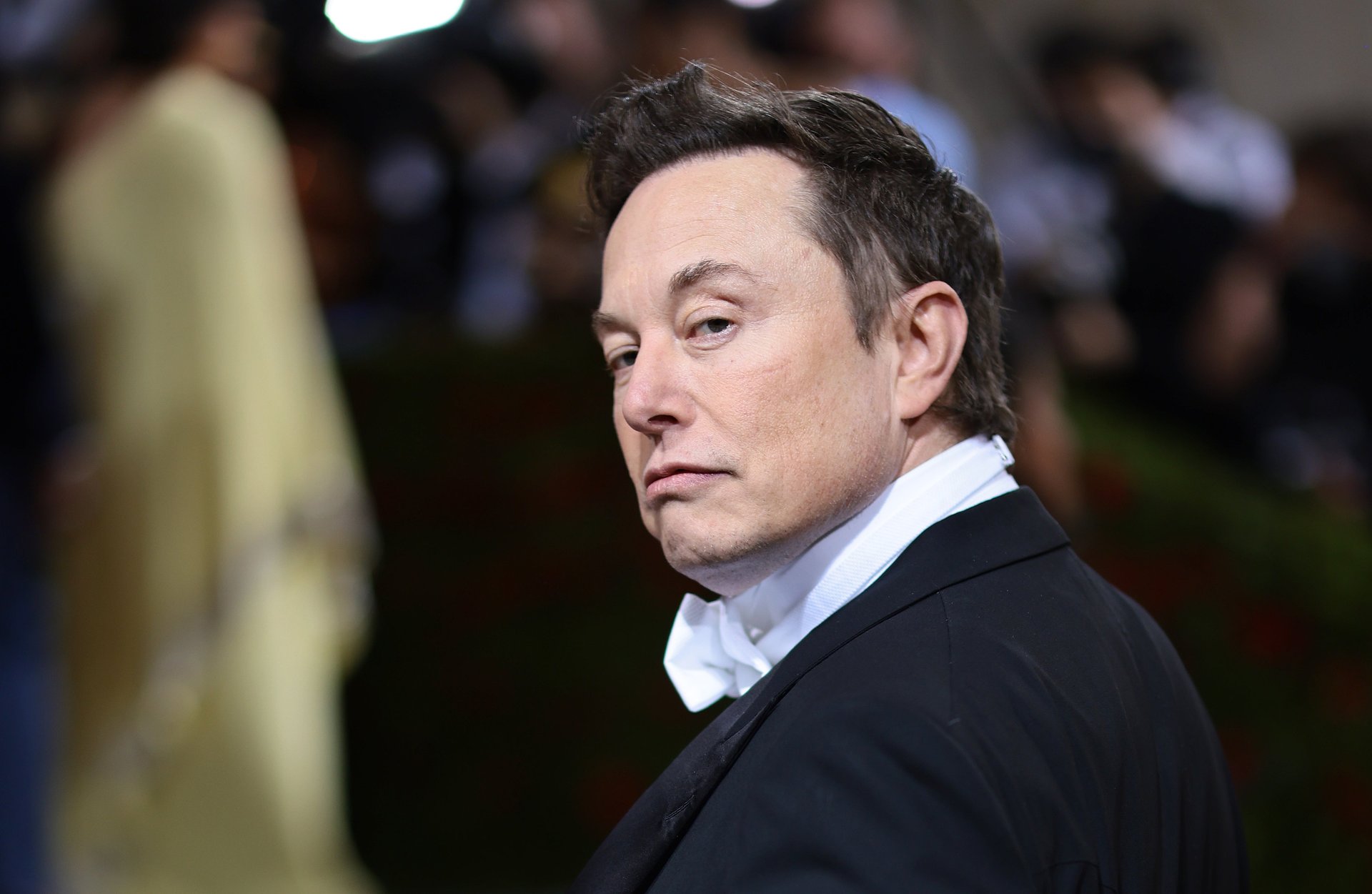
A group of Tesla shareholders is asking investors to vote down Elon Musk’s $46 billion pay package, which is driving tension between the automaker’s super fans and skeptics.
9 / 11
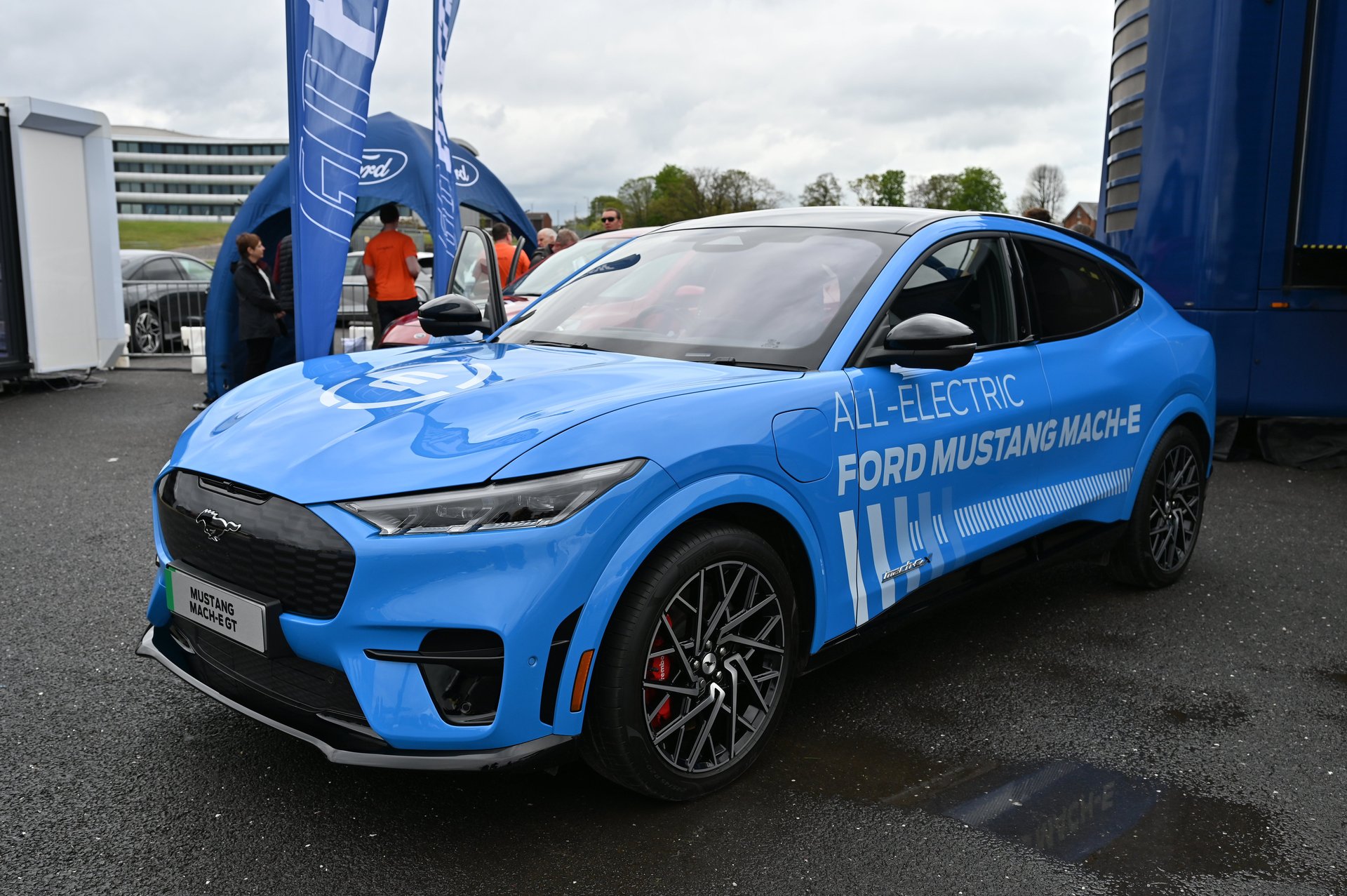
The streets of the United Kingdom could become flooded with self-driving cars as soon as 2026 after new legislation became official this week.
The Automated Vehicles Act (AVA) will require self-driving vehicles to achieve a level of safety “at least” equivalent to competent human drivers. The new law also outlines that drivers will not be held liable for incidents while their cars have autonomous driving modes enabled. Rather, insurance providers, software developers, and automakers are held responsible under the AVA.
10 / 11
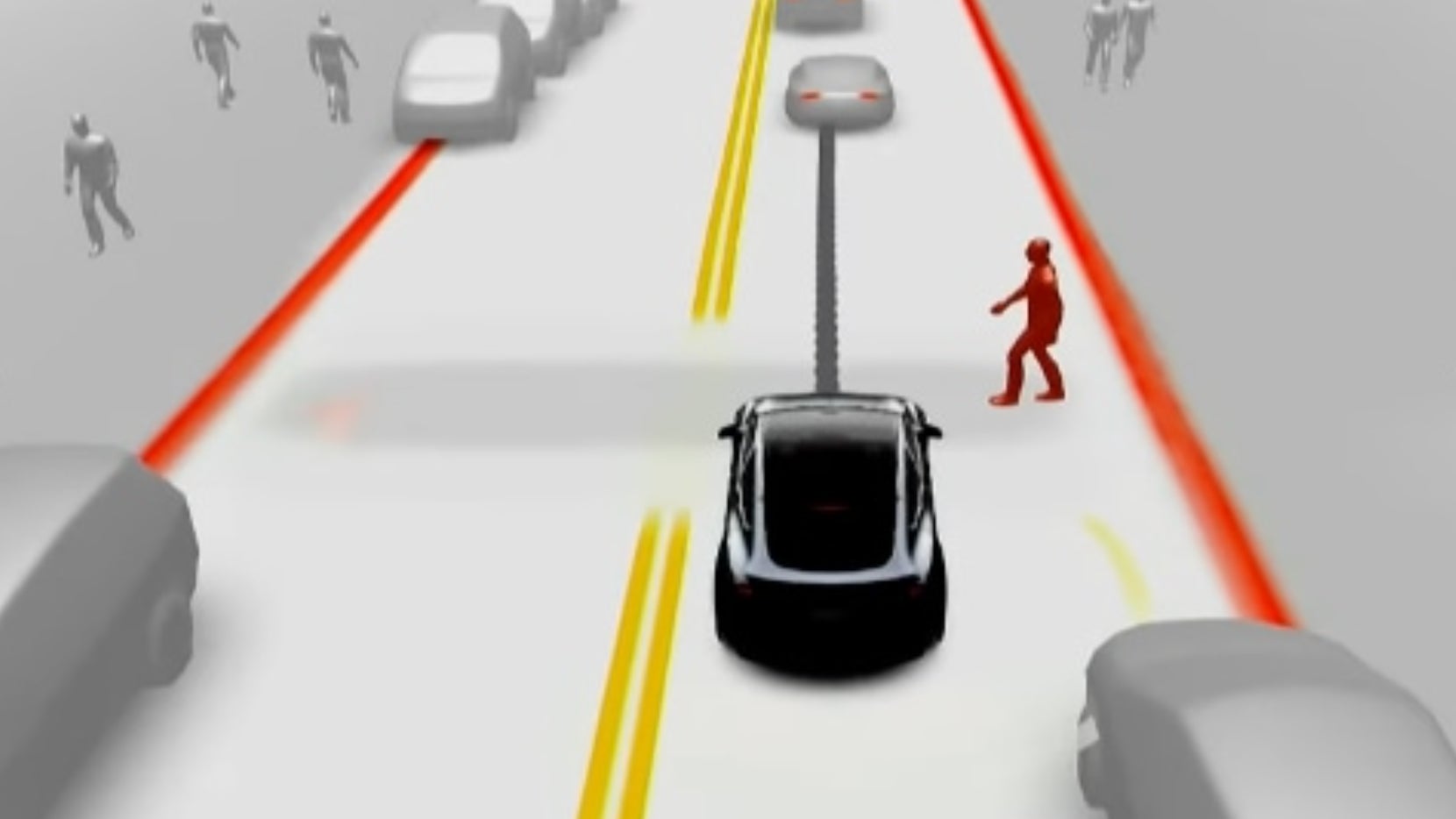
An analysis of British road traffic accidents in a recent study concluded that battery electric vehicles and hybrids are significantly more likely to strike pedestrians than gas or diesel vehicles. According to data compiled from 32 billion miles of BEV and HEV travel and over 3 trillion miles traveled in gas and diesel vehicles, the study showed that in extra-urban environments the electric-powered cars basically just as likely to hit walking humans as internal combustion cars, though they were three times more likely to do so in the city. There are probably a few contributing factors here, but it’s still pretty wild to see this massive spread in running down folks between the two groups.
11 / 11
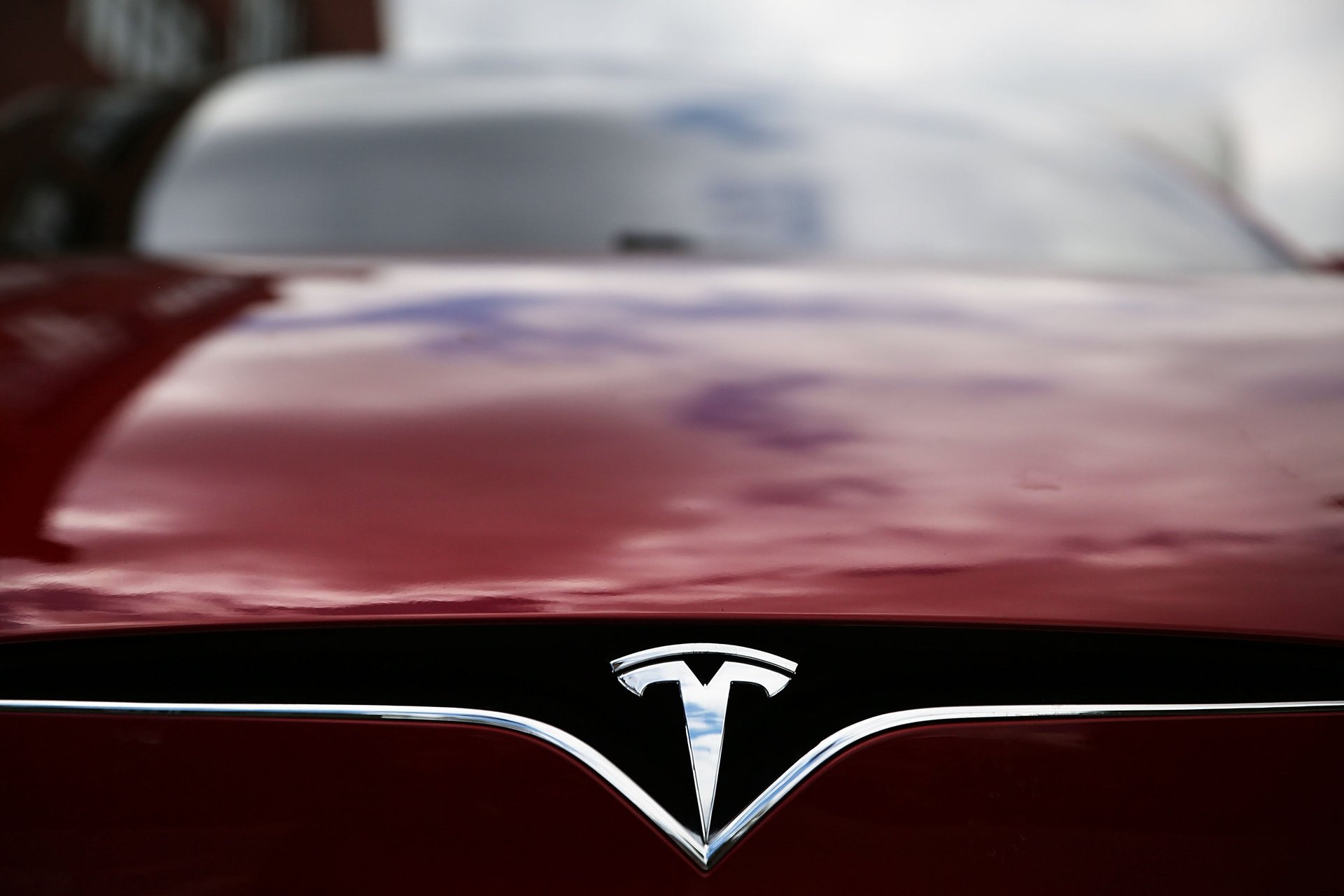
For the first time in more than a year, Tesla has released new data presenting how its controversial Autopilot driver assistance technology keeps its customers safe.
